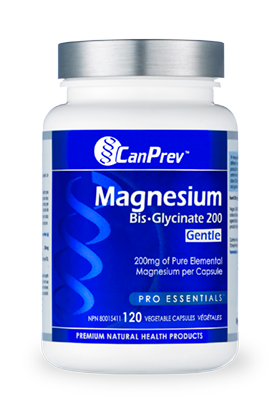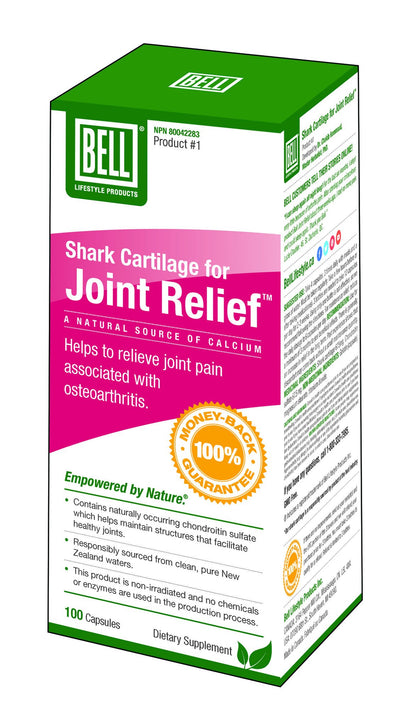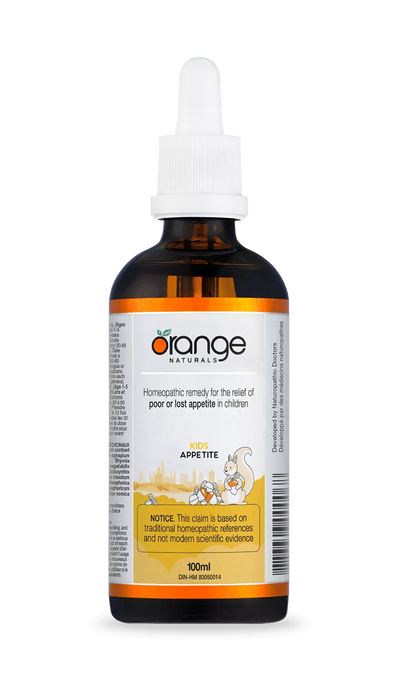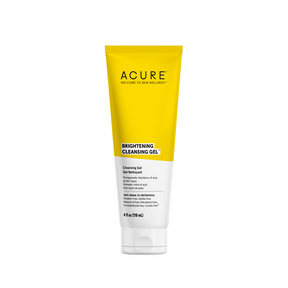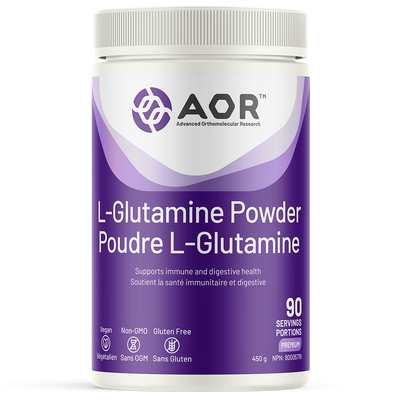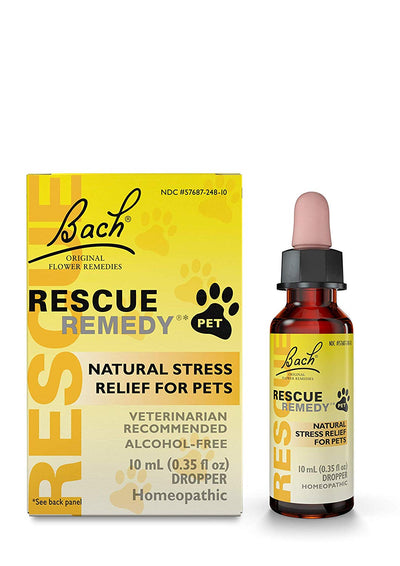Natural Energy Boosters - Combat Winter Blues & More with Supplements!
Reviewed by Aleksandra Morgan, CNPIf it were up to us, we’d feel our most productive, healthy, and happy all year round. Many of us live in areas where the winter months are cold and dark, and limited daylight along with more time indoors can create feelings of depression, anxiety, apathy, and general melancholy. This is often referred to as Seasonal Affective Disorder (SAD), and is a common experience for those of us who live in colder climates. While we wait out the changing seasons (don’t forget - spring always comes!) we can turn to natural supplementation for boosted energy levels, bolstered immune systems, and a healthy brain & body in the winter months. To start, we recommend trying these supplements for natural energy and mental clarity:
Vitamin B12
Vitamin B12 plays an important role in energy and metabolism. It is essential for the formation of red blood cells and DNA, as well as protein synthesis.
Most dietary intake of Vitamin B12 is supplemental or found in small amounts in animal products, but even those who eat a large amount of animal products may have difficulty absorbing B12 from this source. Generally, most people would benefit from a bioavailable B12 supplement for best energy and metabolism - and luckily, this amazing vitamin is water-soluble, so any excess supplementation beyond your body’s needs will be safely expelled. Check out some of our Vitamin B12 options (here).
Vitamin D
Vitamin D is a fat-soluble nutrient that is essential for the immune system, healthy brain function, and bone & muscle health. It also helps balance the amount of calcium and phosphate in your body. Vitamin D is produced naturally in the body when the skin is exposed to sunlight, but not everyone gets enough sun exposure on their skin throughout the year—especially during winter months—to make enough of this nutrient on their own. Many choose supplements or fortified foods daily to make sure they are consuming enough Vitamin D. Remember, Vitamin D is fat-soluble, so it’s possible to take too much. Please consult with your doctor before consuming any fat-soluble nutrient supplement, or have a chat with one of our Vitamin Tree nutritionists/dieticians to help you determine the right dose for you (here).
CoQ10
CoQ10 is an antioxidant nutrient that is naturally produced in the body. It’s also known as Ubiquinone, from the word “Ubiquitous”: present or found everywhere. The name speaks for itself—this incredible nutrient is present in every cell of your body and helps convert food into energy. Because CoQ10 is fat-soluble, it is best absorbed when consumed with oil or other healthy, fatty foods (like avocado!). Smart supplementation is important for fat-soluble nutrients to ensure you’re not receiving too much.
There are many benefits to supplementing with CoQ10, including reducing the risk of heart disease and cancer, improving your memory and mental clarity, boosting your energy levels (especially if you work out), helping you sleep better at night, and so much more! The recommended daily dose varies between 30–100 mg per day depending on weight, age, and biological sex, so feel free to connect with one of our nutritionists/dieticians to find out what dosage is best for you (here).
Magnesium
Magnesium is an amazing mineral that is involved in more than 300 biochemical reactions in your body. For example, Magnesium helps muscles relax and heal, including the smooth muscles in your blood vessels that control blood pressure. This means it can help prevent or address high blood pressure and promote muscle healing and recovery post-workout. It can be especially helpful if you suffer from tension headaches or insomnia, as this muscle-relaxing effect eases stress-related tension and can promote healthy sleep. This same muscle-relaxing and regulating effect can also relieve mild constipation - we highly recommend drinking a big glass of water with your Magnesium supplement to increase this effect! Magnesium also supports energy production by converting glucose into ATP (adenosine triphosphate) during cellular respiration—the process that produces most of our body's energy! Like B12, Magnesium is a water-soluble nutrient, so any excess that your body doesn’t require can be safely expelled. Supplement with confidence, and feel the benefits!
Iron
Iron is a key component of hemoglobin, the red pigment found in blood that’s responsible for delivering oxygen to cells. The amount of iron you need is based on your age, biological sex, weight, and how much energy you expend (the more energy you use, the more iron you need). If your body doesn’t get enough iron from food sources alone—which happens when we don’t eat enough leafy green vegetables or iron-rich meats—it will try to get what it needs from other sources like our muscles and tissues. This can lead to anemia and fatigue. Keep in mind that Iron can be stored in the body, so it’s best to consult with your doctor or one of our dieticians/nutritionists before beginning a supplementation program.
What helps you deal with SAD symptoms? Let us know in the comments, and stay tuned for our next post - Valentine’s Day Tips for a Healthier Heart. Until then, take good care of yourself & your body.

